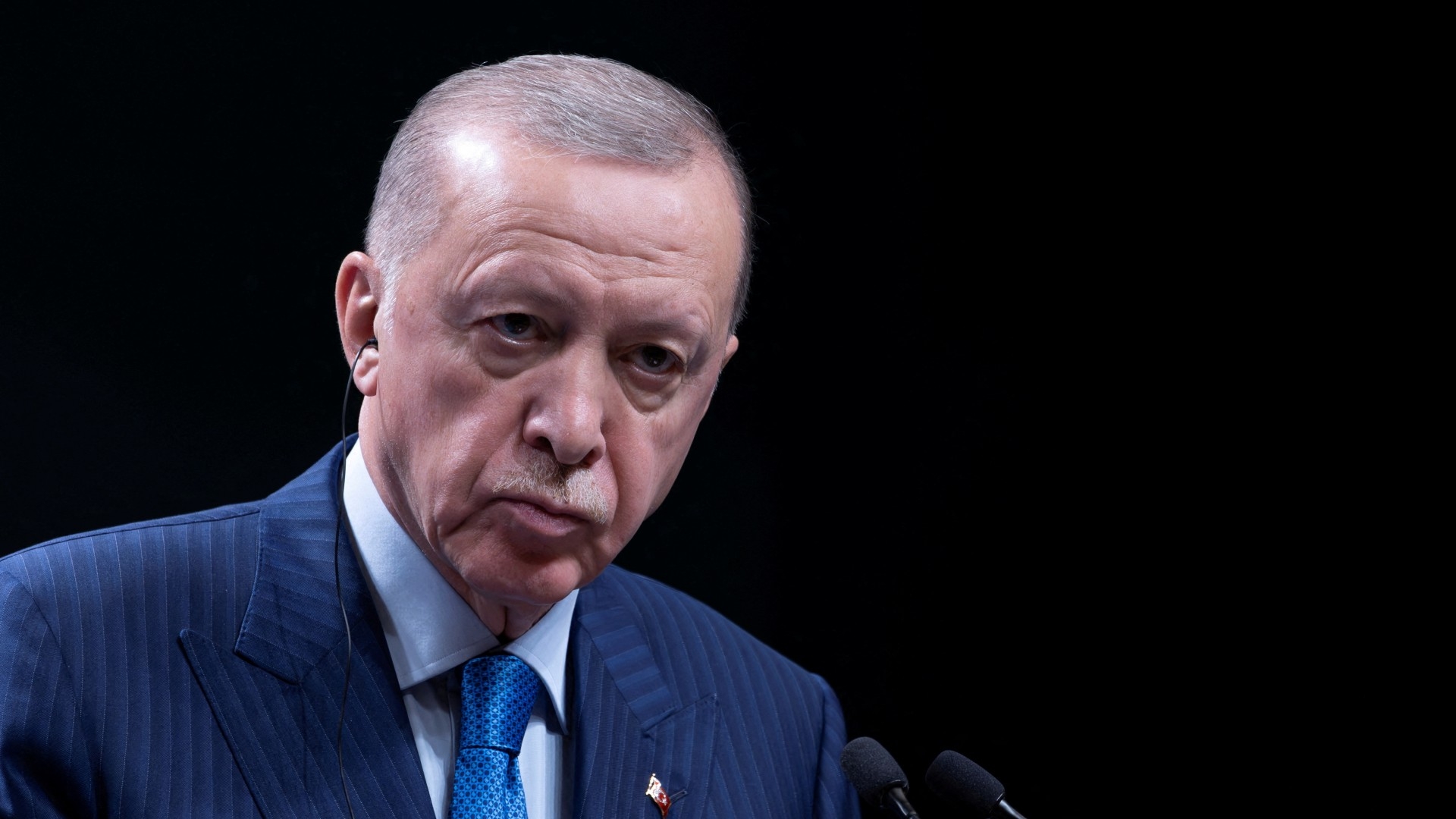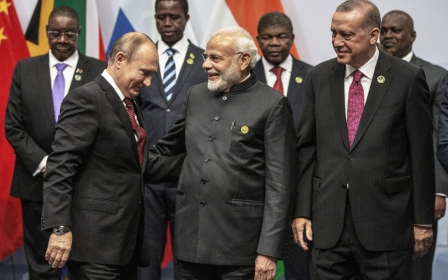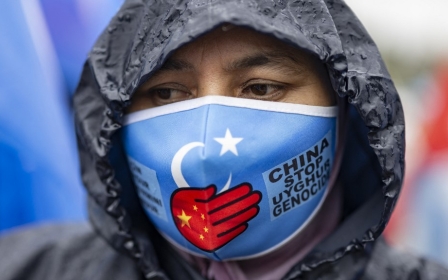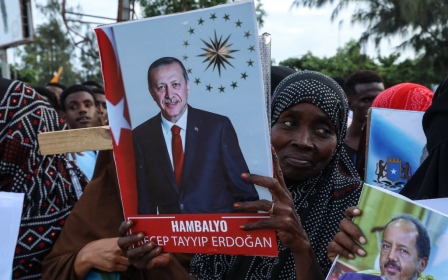Nato or Shanghai Cooperation Organisation? Turkey's Erdogan goes for both

In the coming weeks, Turkish President Recep Tayyip Erdogan's agenda is packed with international summits, reflecting Ankara's efforts to engage with both western and Asian powers.
As European analysts suggest that Turkey’s international influence is waning, Erdogan is embarking on a series of official visits to the continent's capitals. His journey begins in Madrid on Wednesday, where he will meet Spanish Prime Minister Pedro Sanchez.
A crucial trade partner and fellow Nato ally, Spain has grown closer to Turkey in recent years due to shared interests in the Mediterranean.
Israel’s war on Gaza has further strengthened this relationship: last month, Spain recognised the state of Palestine and announced its intention to join South Africa’s genocide case against Israel at the International Court of Justice (ICJ). Turkey suggested last month that it could do the same.
Following his visit to Spain, Erdogan will head to Italy to attend the G7 summit in Apulia from 13-15 June.
New MEE newsletter: Jerusalem Dispatch
Sign up to get the latest insights and analysis on Israel-Palestine, alongside Turkey Unpacked and other MEE newsletters
Italian Prime Minister Giorgia Meloni invited the Turkish president alongside other non-G7 leaders to bring diverse perspectives to the summit. Sources in Ankara note that Erdogan and Meloni share a good rapport, underpinned by mutual interests in North Africa, where the Italian government is most interested in curbing migration and securing energy deals.
On 3-4 July, Erdogan plans to attend the Shanghai Cooperation Organisation (SCO) summit in Astana, Kazakhstan.
As an observer state, Turkey has shown a keen interest in becoming a full member of the Eurasian grouping, though this aspiration has raised concerns in the West. Turkish officials have previously told Middle East Eye that full membership is unlikely due to Nato’s restrictions against security-oriented alternate memberships.
“From the Turkish perspective, decision-makers in Ankara view the world through the lens of Turkey's interests,” Omer Ozkizilcik, an analyst at the Atlantic Council think tank said. “They believe that Turkey is best served with 360-degree diplomacy and does not want to miss out on the growing economic power of Asia.”
Biden meeting expected
On 6 July, Erdogan will also attend an informal summit of the Organisation of Turkic States (OTS) in Shusha, Azerbaijan. As a co-founder of the OTS in its current guise, Erdogan places significant importance on the organisation.
Turkish officials are focusing on the Middle Corridor trade initiative to transport goods from China to Europe through Turkic states such as Kazakhstan and Azerbaijan.
“In the east, particularly in Central Asia, Turkey is an important partner for the Turkic states not only due to cultural ties but also because of its capacity to provide alternatives for certain critical needs,” Ozkizilcik said.
'Turkey has transitioned from a security consumer to a security provider'
- Omer Ozkizilcik, the Atlantic Council
After the OTS meeting, Erdogan will travel to Washington on 9-11 July to join a Nato summit celebrating the military alliance’s 75th anniversary.
Although a scheduled meeting with US President Joe Biden in May was cancelled over concerns related to domestic optics during the US-backed Israeli invasion of Gaza, discussions over a bilateral meeting at the summit are ongoing.
Ozkizilcik highlights Turkey’s growing weight in international politics, especially since the Ukraine war began. Ankara has been an interlocutor in the conflict, while also providing Ukraine with key military assistance, including armed drones.
“Turkey has transitioned from a security consumer to a security provider,” Ozkizilcik told Middle East Eye. “Since the invasion of Ukraine, western allies now need Turkey more than ever, and also value Nato more than before.”
The final leg of Erdogan's diplomatic tour will be the fourth European Political Community meeting in London on 18 July. This France-led platform is significant for Ankara as it facilitates informal talks with countries like Cyprus, with which Turkey has no formal diplomatic relations.
“Turkey aims to strengthen ties with Asia and seeks to participate in multilateral arrangements,” Ozkizilcik said. “Erdogan's current visit programme serves as a prime example of Turkey's growing international role.”
Middle East Eye delivers independent and unrivalled coverage and analysis of the Middle East, North Africa and beyond. To learn more about republishing this content and the associated fees, please fill out this form. More about MEE can be found here.




